Opinion: Nintendo Switch Is Always Aiming For Second Place Behind Something Else
No matter which way you look, the Nintendo Switch is fighting against something that's already there.
This article first appeared on USgamer, a partner publication of VG247. Some content, such as this article, has been migrated to VG247 for posterity after USgamer's closure - but it has not been edited or further vetted by the VG247 team.
It's going to be a hard road for the Nintendo Switch. I walked away from the presentation in a flurry of news writing, but since then I've had time to really look at and think about what Nintendo is offering. For me, it's a system that does fit a niche in my life and I look forward to holding one in my hands come March 3. I look forward to seeing what Nintendo, third-party Western and Japanese developers, and indies get up to with the system.

The more I think about it though, the more I see that the Switch is always going to be fighting against something else that's already there.
Take the price for example. $299 is a perfectly fine price for a home system on its own. Given another context, I'd say it's great for Nintendo to price the Switch like that, but we don't have another context. As a home console, the Switch will be $299 with no pack-in game and a softer starting library. If Zelda or 1,2,Switch (which should've been the pack-in) is your preferred game, you're paying at least $350 right out of the gate. That's before you add in any other expensive accessories like the $70 Pro Controller or expanded storage via microSD card (if you're digital-first, Zelda will be 13.6 GB of the Switch's 32 GB system storage).
Right now, you can pick up a 500 GB PlayStation 4 with Uncharted 4 or Call of Duty: Infinite Warfare for $299, or in many cases, somewhat cheaper. The same is true of an 500 GB Xbox One S with Gears of War 4, Battlefield 1, or Minecraft; or a 1 TB Xbox One with The Division or Rainbow Six Siege. Both systems have a strong library on store shelves, with Sony leading the pack. That's the choice in front of the average consumer this year when they get to retail and it's not a choice that looks good for Nintendo.
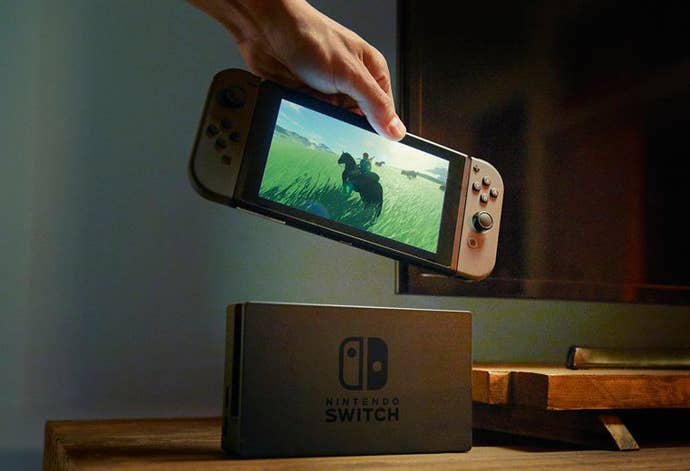
With its portability though, the Nintendo Switch is a strong contender to carve out a nice niche as the only entry in the portable market, up against smart devices like tablets. Comparing the Switch's $300 price tag to an iPad Mini 4 has the iPad coming in $100 more than Nintendo's offerings. (Apple offers the iPad Mini 2 for $269, but lets leave that on the side.) There's a few snags here. One, it's not a choice between the Switch and iPad at retail, it's between the Switch at retail and the iPad many consumers already have.
Apple sold 9.2 million iPads in the last quarter of 2016 and over the entirety of 2016 sold 45.59 million tablets. That's last year alone. I don't even like Apple and I have an iPad.
Mobile gaming doesn't succeed because users are seeking out mobile games, it works because we already have iOS and Android phones and tablets in our daily lives. If we play some small games on the bus, the plane, or on break at work, that's good enough. I don't have a tablet because I wanted a portable gaming machine, I have it because I needed it for other work and life purposes. That I occasionally play Hitman Go or Mobius: Final Fantasy is a value-add, not the point of the tablet.
The real barrier to entry isn't owning a tablet or smartphone, it's picking up the games, and those are either free or very cheap (remember, Super Mario Run's $10 was too expensive for some). In comparison, the Switch's games are $60 a pop. There are likely games that are going to be cheaper than that, but the system sellers? They're all priced like console games, not portable ones.
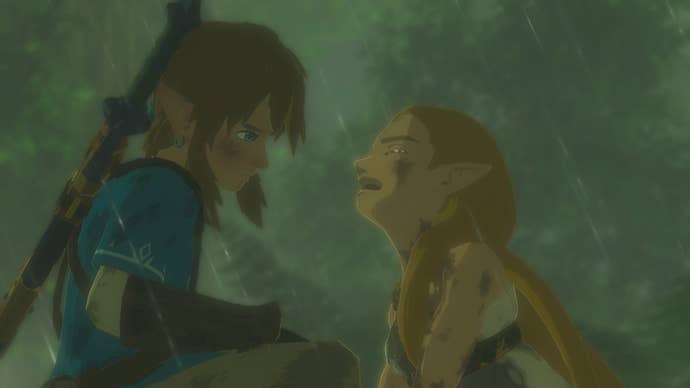
Beyond all that, the Nintendo Switch can still rely on The Legend of Zelda: Breath of the Wild to carry it through launch and beyond. Except, it really can't. Breath of the Wild is coming out for the Wii U, a system that many of the same Nintendo faithful already own. Nintendo can't change that, but it also shifts the mental calculus a bit. Do you pay $360 for a slightly-prettier Breath of the Wild that you can take outside, or do you buy the Wii U version you already had pre-ordered? The trailer for the game was legitimately exciting, but that same experience will be Wii U bound as well.
Nintendo will be playing second fiddle to itself, in addition to everyone else. The Switch is always positioned as a second device, slotting in behind another system that consumers already own.
That's just based on what Nintendo has outlined for the launch window. Again, I think it'll sell out of initial allotment of systems, but so did the Nintendo DS, 3DS, and Wii U. In the first two cases, sales started well, but didn't really take off until things changed. The Nintendo DS saw the late holiday 2005 releases of Mario Kart DS, Brain Age, and Animal Crossing: Wild World combine with the smaller DS Lite revision in March 2006 to set already solid sales on overdrive.
In the case of the 3DS, after launch sales numbers completely fell off a cliff, leading to Nintendo dropping the price from $249 to $169 less than six months after the system's worldwide launch in March 2011. Once Super Mario 3D Land and Mario Kart 7 joined the fray in November and December of the same year, the 3DS took off as well.
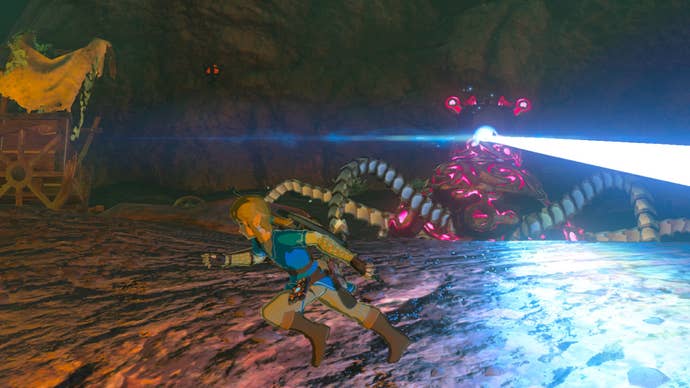

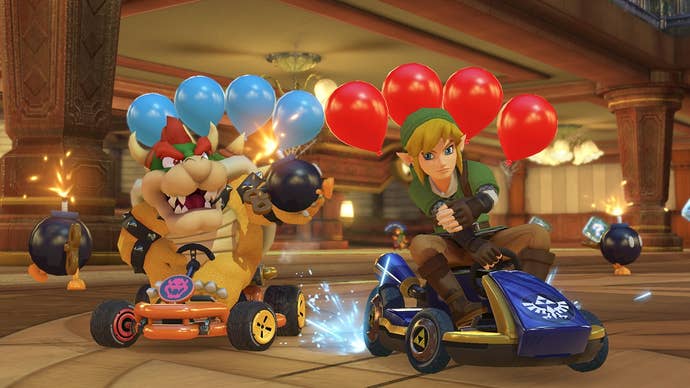

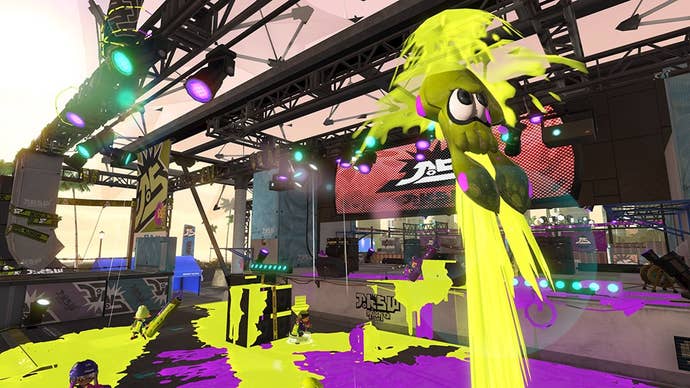

In the Wii U's case, sales have remained pretty meager and Nintendo has refused to change much. The $349 Premium eventually became the $299 base unit, but otherwise, Nintendo hasn't touched the Wii U in any major way. Lifetime sales of 13.36 million say that was probably a bad idea.
I think the Nintendo Switch needs a price cut, a bundle, or a slight redesign. The smart move is to drop to $249 for the standalone unit, and work in a pack-in game at the $299 price point. The more likely move in my estimation is a smaller Switch redesign. Same system innards, but with a smaller screen. This allows Nintendo to have a system that's more portable, cheaper, and with a stronger battery life. These are all things I think could push the system forward, especially if the "Switch Mini" is around $199.
As it stands, we'll just have to wait and see how the market reacts to the Nintendo Switch. I want Nintendo to succeed, because I like the system and I want it to have a good, long life. And for that to happen, I need consumers outside of those like myself to jump onboard. I just think it's going to be a hard road for Nintendo to convince them.

